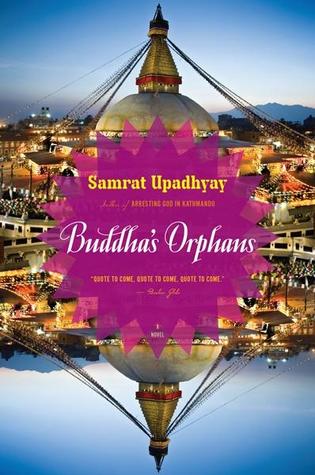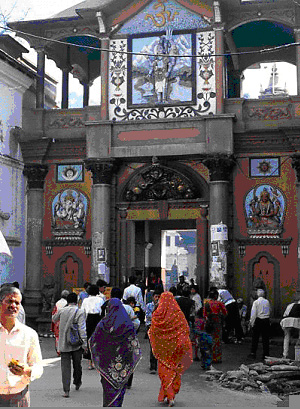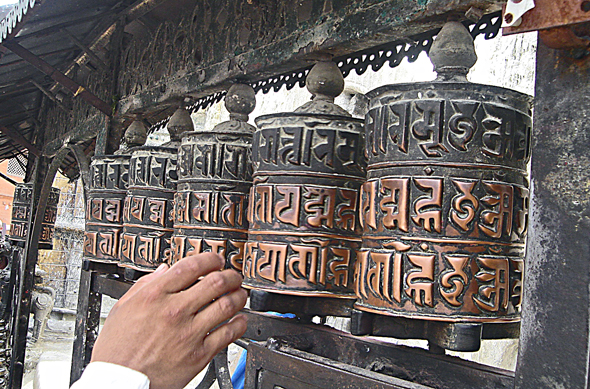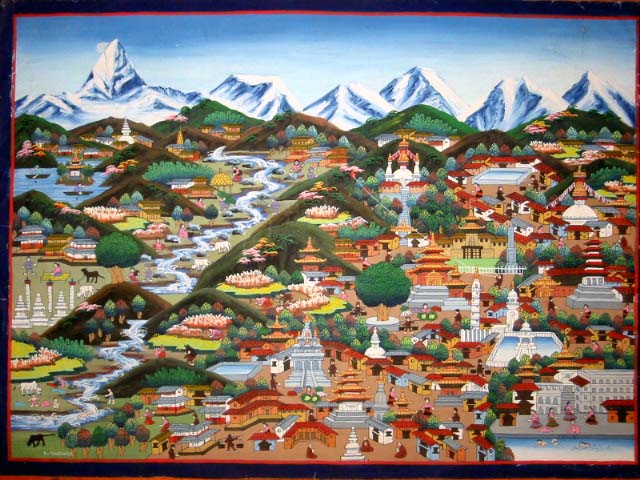
|
Review of Samrat Upadhyay's Buddha's Orphans
There are not many book reviews for Samrat Upadhyay's new book Buddha's Orphans. His four books have garnered a fair amount of interest, but as a relatively new writer of ten years the scholarship is just developing. Time will tell how his books stand up to the test of time. For now, though, it is a pleasure to see his developing artistic talent and be introduced to the people of Kathmandu, Nepal. I offer a few passages from this novel for a sampling of his writing. The passages show how skillfully he makes characters through the use of vivid details that evokes character's feelings and thoughts. His understated style, with his conciseness often evokes poignant moments that linger with the reader. Revealing the paradoxes of life through his characters shows both his compassion and skill at probing human motivation. Selected passages from Buddha’s Orphans: Ganga Da’s reflective moment about his wife: After eloping to be married by the priest, “Shortcut Bajé,” at the Guheswori Temple, married Nilu’s and Raja’s mood is captured: Nilu’s response to death of son Maitreya: Nilu’s response to Kaki’s death of the “mother” who Kaki had rejected: One of the highpoints of novel – marriage and meeting temporary partners:
See the sample book reviews for further comments on this book. The details of Upadhyay's writing bring us to the neighborhoods and certainly into the lives of our main characters Raja and Nilu. Reviews to consider:
|
This site was created by Gerard Wollak at the NEH Summer Institute "Literatures, Religions, and Arts of the Himalayan Region," held at the College of the Holy Cross, Summer 2011.




